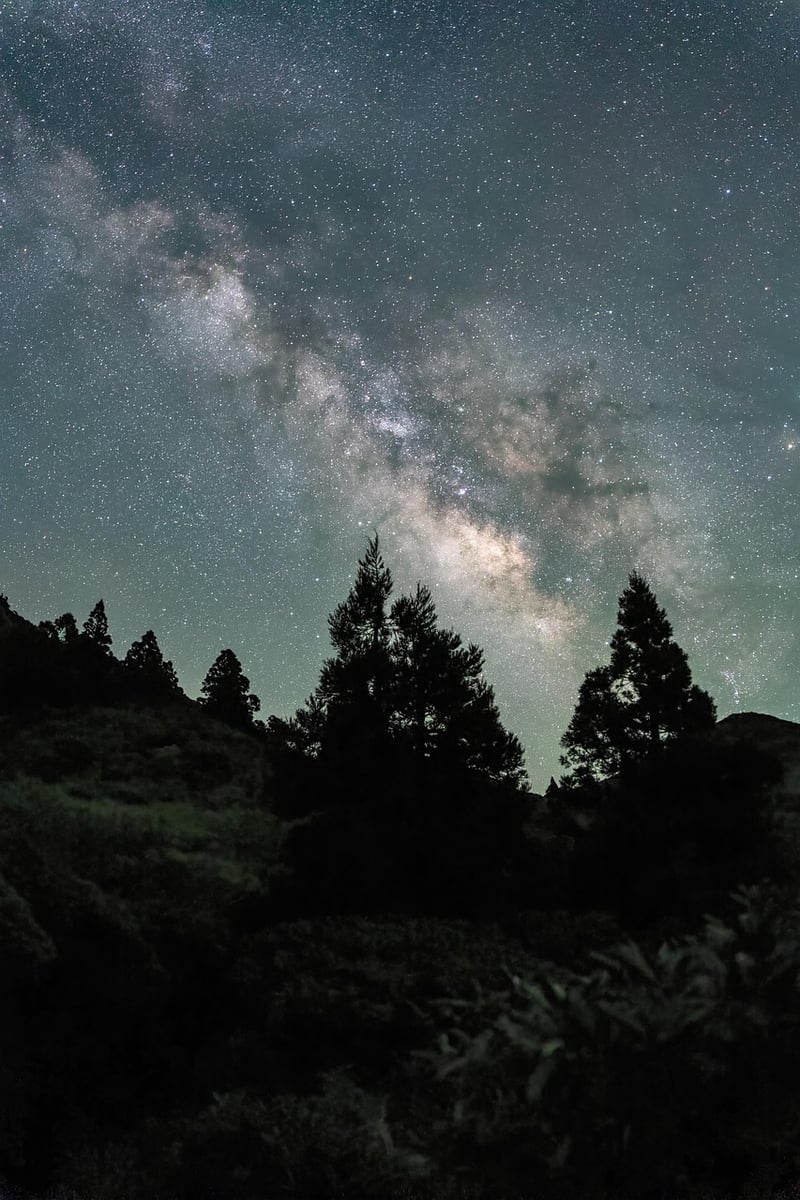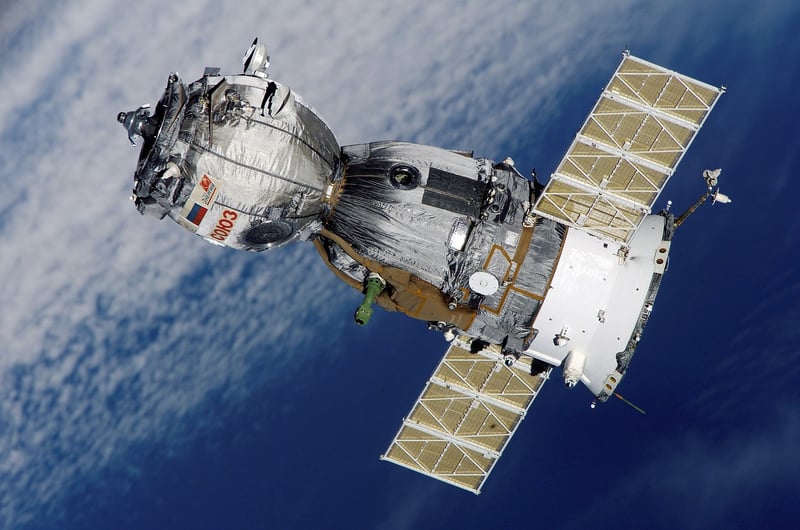Space Microbes
The Fascinating World of Space Microbes: Exploring Life Beyond Earth
Space, with its vastness and mysteries, has always intrigued scientists and enthusiasts alike. Among the most captivating subjects in this realm are space microbes – tiny life forms that challenge our understanding of life beyond Earth. Let's delve into the intriguing world of these microscopic creatures that may hold the key to unlocking the secrets of the universe.
What are Space Microbes?
Space microbes, also known as astrobiological microorganisms, are tiny organisms that have the remarkable ability to survive in extreme environments found in space. These resilient microbes can endure conditions such as extreme temperatures, high radiation levels, and lack of water, making them fascinating subjects of study for astrobiologists.
Importance of Space Microbes
Studying space microbes is crucial for understanding the potential for life beyond Earth. By exploring how these organisms adapt and thrive in harsh space conditions, scientists can gain insights into the possibility of life on other planets or moons in our solar system and beyond.
Examples of Space Microbes
One of the most well-known space microbes is Deinococcus radiodurans, often referred to as "Conan the Bacterium" for its exceptional resilience to radiation. This bacterium has been found to survive in the vacuum of space and is a subject of extensive research for its potential applications in biotechnology and space exploration.
Exploring the Universe with Space Microbes
As scientists continue to study space microbes, their findings could revolutionize our understanding of life in the cosmos. These tiny organisms offer a glimpse into the adaptability and resilience of life forms, shedding light on the possibility of extraterrestrial life.
Conclusion
The study of space microbes opens up a world of possibilities in our quest to unravel the mysteries of the universe. By examining these resilient organisms, we may one day discover the presence of life beyond Earth, forever changing our perspective on our place in the cosmos.

Image source: Pixabay
